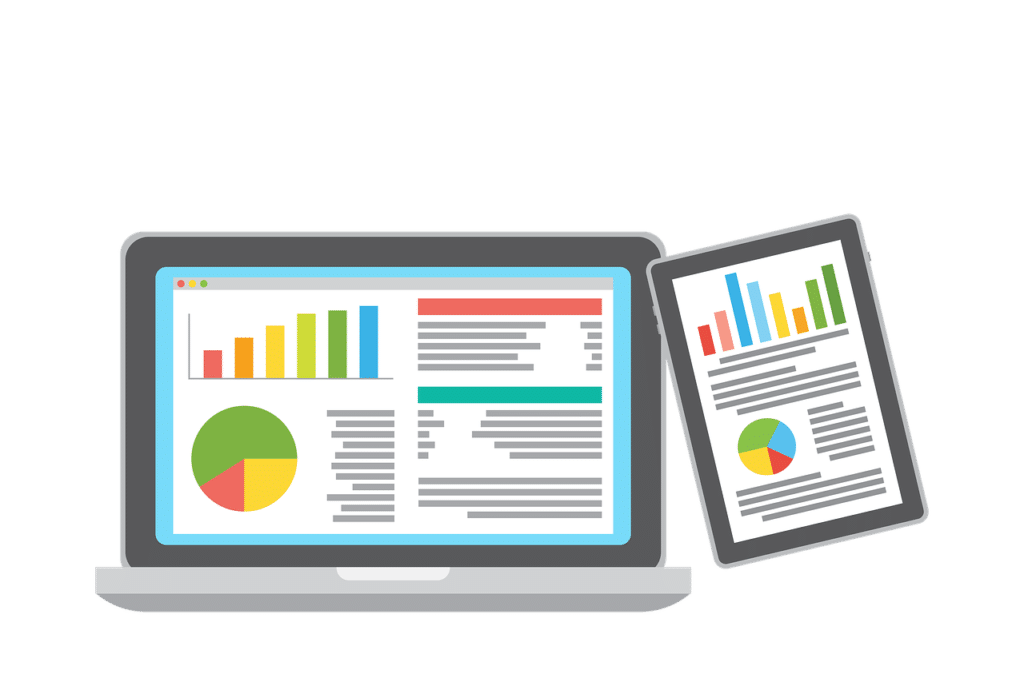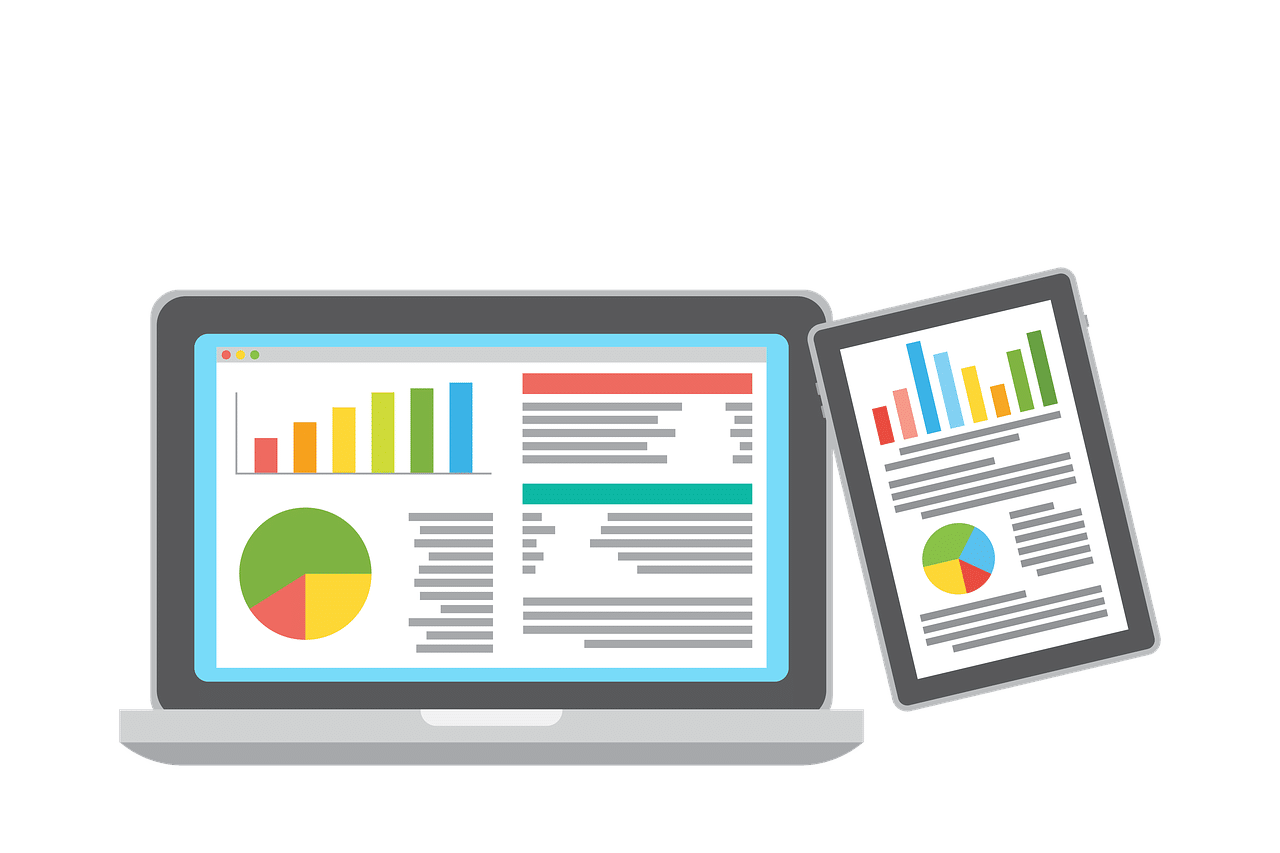
Effective marketing decision making relies heavily on the power of data analytics. With an overwhelming amount of information available, businesses need to harness the right tools and strategies to make informed choices that drive results. Data analytics in marketing can uncover valuable insights, identify trends, and understand customer behavior at a deeper level.
Data analytics enables marketers to go beyond gut instincts and make decisions based on concrete evidence. It allows them to track and measure the success of different marketing campaigns, identify areas of improvement, and optimize their strategies accordingly. From segmenting customers to personalizing marketing messages, data analytics provides marketers with the ability to deliver targeted and relevant content to the right audience at the right time.
Furthermore, data analytics empowers businesses to stay ahead of the competition by predicting future trends and identifying emerging market opportunities. By analyzing data patterns, marketers can make accurate predictions and adapt their marketing strategies to stay relevant in a constantly evolving market.
In summary, data analytics plays a crucial role in marketing decision making by providing valuable insights, driving targeted campaigns, and enabling businesses to stay ahead of the curve. With the right data-driven approach, marketers can make informed choices that not only enhance customer experiences but also drive business growth.
Importance of data analytics in marketing decision making
Data analytics provides marketers with a wealth of information that can be used to make more informed decisions. By analyzing data, marketers can gain a better understanding of their target audience, identify trends, and measure the effectiveness of their marketing campaigns. This information can be used to make data-driven decisions that are more likely to lead to success.
Benefits of using data analytics in marketing
There are many benefits to using data analytics in marketing. Some of the most important benefits include:
Improved decision making: Data analytics can help marketers make more informed decisions about their marketing strategies.
Increased efficiency: Data analytics can help marketers identify areas where they can improve their efficiency and save time.
Better customer targeting: Data analytics can help marketers target their marketing efforts to the right audience.
Enhanced campaign performance: Data analytics can help marketers improve the performance of their marketing campaigns.
Competitive advantage: Data analytics can give marketers a competitive advantage by providing them with insights that their competitors may not have.
Types of data analytics tools for marketing
There are many different types of data analytics tools that marketers can use. Some of the most common types of tools include:
Customer relationship management (CRM) software: CRM software can be used to track customer interactions and analyze customer data.
Marketing automation software: Marketing automation software can be used to automate marketing tasks and track marketing performance.
Web analytics tools: Web analytics tools can be used to track website traffic and user behavior.
Social media analytics tools: Social media analytics tools can be used to track social media activity and engagement.
Data visualization tools: Data visualization tools can be used to create charts and graphs that can help marketers visualize data.
Collecting and analyzing marketing data
The first step in using data analytics in marketing is to collect and analyze marketing data. This data can come from a variety of sources, including:
Website traffic: Website traffic data can be collected using web analytics tools.
Social media activity: Social media activity data can be collected using social media analytics tools.
Customer surveys: Customer surveys can be used to collect feedback from customers.
Sales data: Sales data can be collected from sales records.
Marketing campaign data: Marketing campaign data can be collected from marketing campaign reports.
Once data has been collected, it can be analyzed using a variety of techniques. Some of the most common techniques include:
Descriptive analytics: Descriptive analytics is used to summarize and describe data.
Diagnostic analytics: Diagnostic analytics is used to identify the root causes of problems.
Predictive analytics: Predictive analytics is used to predict future trends.
Prescriptive analytics: Prescriptive analytics is used to recommend courses of action.
Using data to make informed decisions
Once data has been collected and analyzed, it can be used to make informed decisions about marketing strategies. This can be done by:
Identifying trends: Trends can be identified by analyzing data over time.
Segmenting customers: Customers can be segmented based on their demographics, interests, and behaviors.
Personalizing marketing messages: Marketing messages can be personalized based on customer data.
Measuring campaign effectiveness: The effectiveness of marketing campaigns can be measured by analyzing data.
Applying data analytics to improve marketing campaigns
Data analytics can be used to improve the performance of marketing campaigns in a number of ways. For example, data analytics can be used to:
Identify underperforming campaigns: Underperforming campaigns can be identified by analyzing data.
Optimize campaign budgets: Campaign budgets can be optimized based on data.
Improve targeting: Targeting can be improved by analyzing data.
Create more effective content: Content can be created that is more likely to resonate with the target audience.
Data-driven marketing strategies
There are a number of data-driven marketing strategies that businesses can use. Some of the most common strategies include:
Account-based marketing (ABM): ABM is a marketing strategy that focuses on targeting specific accounts.
Content marketing: Content marketing is a marketing strategy that focuses on creating and distributing valuable content.
Email marketing: Email marketing is a marketing strategy that focuses on sending emails to customers.
Social media marketing: Social media marketing is a marketing strategy that focuses on using social media to reach customers.
Search engine marketing (SEM): SEM is a marketing strategy that focuses on optimizing websites for search engines.
Key metrics and KPIs for data-driven marketing
There are a number of key metrics and key performance indicators (KPIs) that marketers can use to track the success of their marketing campaigns. Some of the most important metrics and KPIs include:
Website traffic: Website traffic is a measure of the number of people who visit a website.
Conversion rate: Conversion rate is a measure of the number of people who take a desired action on a website.
Customer acquisition cost (CAC): CAC is a measure of the cost of acquiring a new customer.
Customer lifetime value (CLTV): CLTV is a measure of the total revenue that a customer generates over their lifetime.
Return on investment (ROI): ROI is a measure of the profitability of a marketing investment.
Data privacy and security
Data privacy and security are important considerations when using data analytics in marketing. Businesses need to ensure that they are complying with all applicable data privacy laws. They also need to take steps to protect their data from unauthorized access.
Challenges and limitations of data analytics in marketing
There are a number of challenges and limitations associated with using data analytics in marketing. Some of the most common challenges and limitations include:
Data quality: Data quality can be a challenge, as data can be inaccurate or incomplete.
Data silos: Data silos can make it difficult to get a complete view of customer data.
Lack of skills: Many businesses lack the skills and expertise needed to use data analytics effectively.
Cost: Data analytics can be expensive, especially for small businesses.
Are you struggling to make data-driven marketing decisions? Contact us today to learn how our analytics services can help you improve your marketing results.
Data privacy and ethical considerations in marketing analytics
Data privacy and ethical considerations are important when using data analytics in marketing. Businesses need to ensure that they are complying with all applicable data privacy laws. They also need to be mindful of the ethical implications of using data analytics. For example, businesses should not use data analytics to discriminate against customers.
Harnessing the power of data analytics in marketing decision making
Data analytics can be a powerful tool for marketers. By using data analytics, marketers can make more informed decisions, improve their efficiency, and achieve better results.
Want to learn more about how data analytics can help your business? Reach out to our experts
